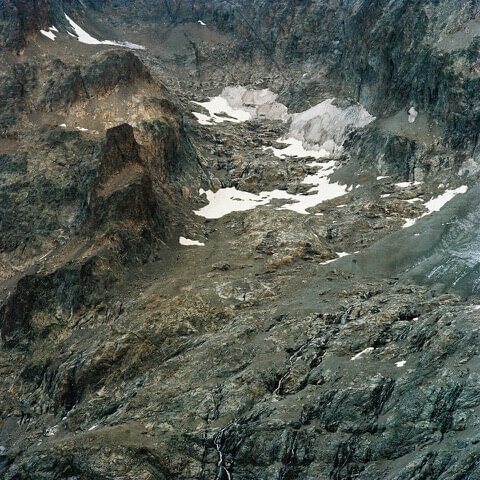Key notes
Anna Krzywoszynska
Geographer, University of Sheffield
Speech Title: Sensing soils to live with(in) Gaia
The need to better align human activity with the planetary processes which support life becomes ever more urgent. In achieving this, understanding and transforming human relations with soils should be a key focus. In this paper, I suggest that we can approach soils as an instantiation of Gaia, both in the sense proposed by Lovelock and Margulis, as the self-regulatory capacity of planetary life, and in the sense proposed by Stengers, as an entity which disrupts the delusions on which modern societies are built. Drawing on my ongoing research on the transformation of human-soil relations in modern agriculture, I discuss the character of the current alienations from agricultural soils. Focusing on the question of soil sensing, I discuss what conditions and practices may be needed to address and overcome these alienations, and what role social sciences and humanities can play in creating these.
Mercredi 9 juin 2021, 9:15-9:50 / Wednesday June 9th 2021, 9:15-9:50
Nigel Clark
Geographer, Lancaster Environment Centre
Speech Title: Earthly Multitudes, Earth System Change and the Afterlives of Extraction
Bronislaw Szerszynski and I use the term earthly multitudes to bring into relief the many ways in which people gather and shape themselves in response to the constitutive forces of the dynamic planet we live on. To put it another way, human difference at least in part emerges out of our engagements with the threats and opportunities arising from the Earth’s own multiplicity and self-differentiation. For thousands of years, some earthly multitudes have convened around the extraction, processing and setting to work of mineral ores, and more recently around the exhuming and combusting of energy-rich strata. As we now know only too well, burning fossil hydrocarbons is transforming global climate and other aspects of the Earth system. But we also need to think in terms of how these transformations react back upon the now widely distributed infrastructures and landscapes of extraction. Changing climate, sea level, hydrology and fire regimes are now impacting extractive landscapes, releasing and setting in motion the great many toxic elements found in mining wastes, polluted ecosystems, landfills, and in extractive facilities themselves. So we now have to deal with not only the immediate effects of Earth system change, but with all its ongoing impacts on a destratified Earth: a planet that some of us have been turning inside out for centuries and millennia. It is too late, then, to just say no to extraction. What we now need are new earthly multitudes, new kinds of skilled practitioners who must gather around the flows, spills and effusions that earlier generations of earthly multitudes have set in motion. Who these new earthly multitudes might be and how they might convene themselves are questions for which I don’t yet have answers.
Jeudi 10 juin 2021, 9:15-9:50 / Thursday June 10th 2021, 9:15-9:50

Collectif Glacier
Glacier de la Girose
Speech Title: Glaciers des Alpes: dire leur disparition
Avec la disparition inéluctable des glaciers alpins, il est important d’envisager les Alpes sans glace, tant du point de vue écologique que de celui des représentations.
Créé sous l’impulsion de l’artiste plasticien Olivier de Sépibus, le Collectif Glacier est un laboratoire pluridisciplinaire regroupant des personnes d’horizons divers – artistiques comme scientifiques – afin de confronter et de renouveler les imaginaires, d’interroger et de rendre sensibles les affects, et finalement, d’anticiper de nouvelles pratiques des montagnes alpines sans glaciers.
Après une brève présentation du Collectif Glacier, Olivier de Sépibus présentera son travail photographique Montagne défaite, ainsi que les dessins qu’il réalise sur le thème Hyper montagne. Nous visionnerons le court-métrage de Natacha Boutkevitch, réalisé lors d’une première résidence sur le glacier de la Girose.
Les membres du Collectif seront ensuite présents pour échanger avec vous sur les enjeux d’un travail collectif sur les représentations, les relations et les pratiques à reconstruire ou inventer face à une montagne sans glaciers.
Vendredi 11 juin 2021, 9:15-10:15 / Friday June 11th 2021, 9:15-10:15
